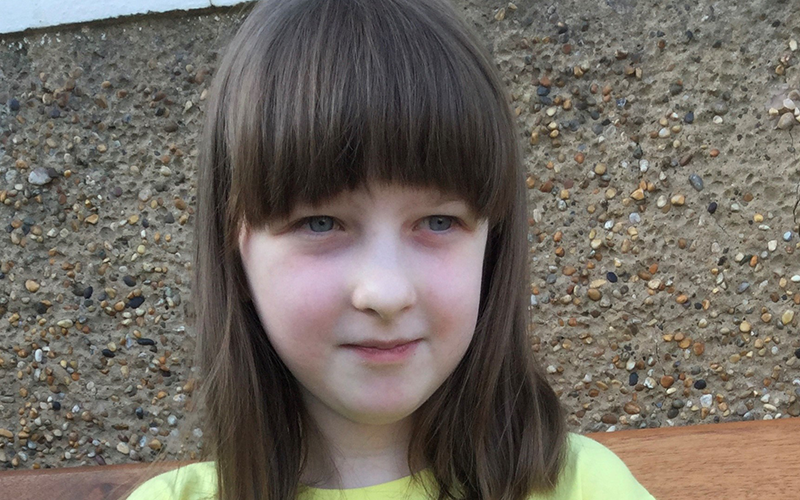Have you ever wondered what your child is learning from you? I don’t mean concrete things like speech, numbers, spelling and such like.
I mean attitude.
I wondered so many times when my children were little what my son and daughter were picking up from me about how I viewed them and their disabilities. Was I inadvertently teaching them they were to be pitied, be looked down on, have no control over their lives and be seen as less because of the stream of therapist that came through the house and the volume of appointments I took them to? Was the fact I advocated so much to get their needs met making them feel a burden to me and to society? Was the fact they needed communication cards, wheelchairs and standing frames making them feel a target and too different to their peers?
I worried about these things because I didn’t want my children growing up feeling that their disabilities were something to be ashamed of. I wanted them to feel worthy, special and every bit as wonderful as anyone else.
My son has turned out exactly like that, but not because of anything I have taught him, more because his significant learning disabilities mean he confident being exactly who he is. He isn’t aware he’s different or disabled and just loves life in all its fullness.
But for my daughter, whose cognitive ability meant she could successfully attend the local mainstream school, finding that confidence in who you are when you have a string of diagnosis is such a difficult thing to achieve.
But at 11 she’s confident in who she is, aware of her own ‘medical issues’ as she calls them and sees the positive in it all.
She doesn’t see her autism as an issue, but rather something to be proud of. She credits her autism with the fact she’s the neatest writer in the class (‘because autism means I concentrate on things fully and put my all into it’ she says), she says it helps her obey the rules of class and understand maths easily. She isn’t upset at her own difficulties understanding social situations or struggles to make friends because ‘people should accept me for how I am just like I accept them for how they are.’
She doesn’t see her eating disorder and limited safe foods as a negative. In fact, she says that having the same packed lunch every day at school frees her from the worry of having to choose what to eat from a menu and means she can think of other things instead.
She doesn’t worry that others can do more physical things like jump, skip, catch balls and roll over when she can’t. ‘We are all good at different things and that’s ok’ is her reply to that.
She doesn’t let her communication difficulties hold her back either. As a selective mute she doesn’t speak in school at all yet when asked about this she smiles and says confidently to me, ‘At least I know when the teacher tells the class to be quiet, I know I wasn’t to blame for the noise!’ She also says she’s not too worried about not being able to talk in class because it means the teacher won’t ask her to say answers when she doesn’t know them!
So, I asked her if she feels different. She laughed and said: ‘Of course I do! Every single one of us is different anyway and that’s what makes us all special.’
I worried that society’s view of disability might have a negative impact on her. I feared having so much time out of school for mental health appointments, weigh ins, therapy and additional support might impact on her mental wellbeing and confidence.
It is possible for a child to grow up disabled with a positive attitude and self-image?
It is possible because my own daughter is proving that.
I made a conscious effort to not talk about her eating disorder, her neurological condition, her developmental delays and her physical struggles in such a way that she would view herself and her disabilities as something to be ashamed of or embarrassed about. She’ll get that enough from others sadly.
My job now is to help her keep this positive self-image as she negotiated teenage and adult life as a disabled young person who continues to see herself as someone of worth regardless how others see her.
She’s a girl who loves herself and her own uniqueness.
Everyday when I wonder what she’s learning from me I realise that it’s actually me learning from her.
